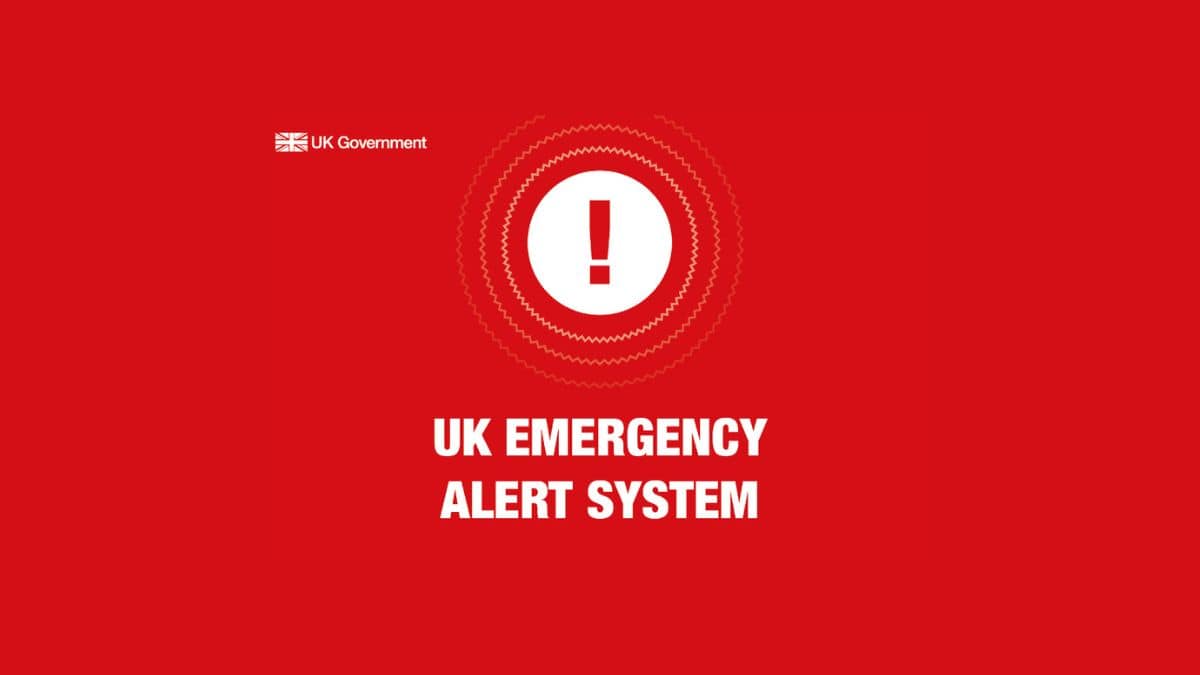Negotiating with landlords is key to effectively managing your business lease and rent obligations. You’ll want to strategize thoughtfully to secure favorable terms and ensure optimal rental costs, laying a strong foundation for your thriving business.
This article explores practical strategies you can employ to engage landlords, secure advantageous lease agreements, and foster a harmonious landlord-tenant relationship, all contributing to your business’s ultimate success.
![]()
Here are some tips for negotiating your lease or rent obligations to get the best deal for you:
- When getting ready to negotiate, assess your business needs and how they may affect the lease. For example, if you need to renovate the property, negotiate the cost of those into your lease agreement. This can save you a lot of money in the long run.
- Research the market and comparable lease agreements. Knowing what other businesses are paying for similar properties can give you leverage in negotiating a fair price.
- Always be prepared to walk away if the terms and conditions aren’t in your favor. Your landlord may be willing to negotiate if losing you as a tenant would greatly blow their income.
- Above all, approach with tact and diplomacy. Avoid being confrontational, as this could lead to a breakdown in talks. Instead, focus on discussing the lease terms without letting emotions get in the way.
Here are six key considerations to take into account when negotiating your lease:
1. Length
Try to negotiate a time for the lease that’s mutually beneficial for both of you. If you’re looking for a longer lease term, consider offering the landlord an incentive such as higher rent, unique awards like advertising space or a guarantee of on-time payment.
2. Rent
When negotiating rent, consider the current market rates and any incentives your landlord might be offering, as well as the location and condition of the property. TakeConsider special amenities you may be interested in, such as a parking space or extra storage. Discuss the potential for rent increases throughout the agreement, which can cost you more money than you think.
3. Maintenance and Repairs
Landlords are typically responsible for providing and maintaining the property in a habitable condition, while you, as the tenant, must maintain and clean the property to a certain standard. Consider these responsibilities when negotiating.
4. Insurance and Liability
Consider what type of insurance you need to operate your business and if the landlord will provide any coverage. Be sure to also consider liability for any damage caused to the property or any injuries that occur on the property to customers, staff, or visitors.
5. Security Deposits
Be sure to understand the terms of a security deposit, such as when it will be refunded and what conditions you must satisfy to get your money back. You can negotiate flexible payment options, such as breaking up your payments over time.
6. Termination and/or Renewal
Understand the terms of the agreement regarding the termination or renewal of the agreement, such as whether you or the landlord have the right to terminate or renew, when, and under what conditions.

Ready to sign or renew your commercial lease? Think it through! Before signing, weigh all the pros and cons and consider the above factors to ensure you get the best deal. A smartly negotiated lease agreement can bring success to your business and maximum benefit for you and your landlord.







